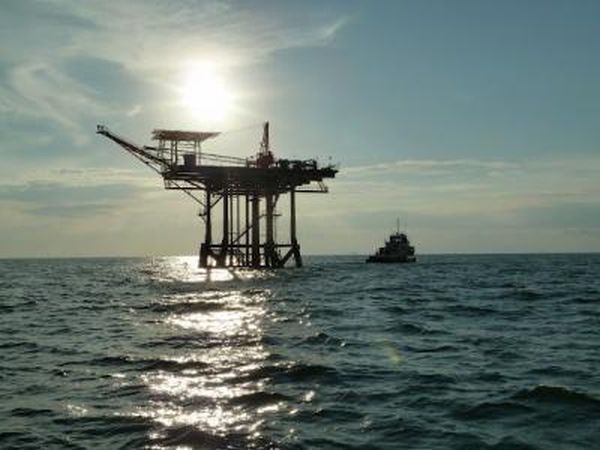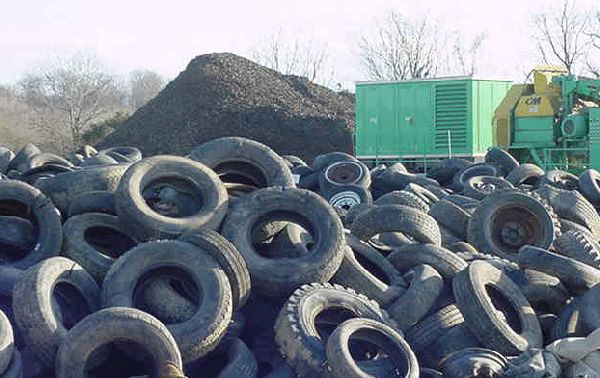The Deepwater Horizon oil spill from the Gulf of Mexico has its infamous place in history as the largest accidental marine oil spill of the petroleum industry. Statistical figures suggest up to 4.9 million barrels (780,000 cubic meters) of crude oil was leaked in the sea, thus averaging 53,000 barrels per day. However, beyond just figures, it is the disaster’s malefic capacity of chemical contamination of the whole expansive area that is worrying the scientists.

According to the latest study done by researchers, the core essence of the oil is making its presence felt in the preliminary levels of our food chain. In fact, practical tests suggest that quantifiable amount of the 2010 oil spill is now found in minuscule marine organisms such as zooplankton. Biologically, the tiny zooplankton is fed upon by smaller fishes and even shrimps, thus ultimately connecting them with our food habits.
Michael Roman from University of Maryland Center for Environmental Science deciphered that traces of oil in the zooplankton prove that they had contact with the oil and therefore, it is most likely that oil compounds may work their way up the food chain.
Moreover, as far as the adverse effect is concerned, the process is not just limited to the direct impact of the oil spill; but has been occurring even after the blown out well was ‘safely’ capped. Some of the evidences also point to this baleful development, as scientists have found out traces of oil in the aforementioned zooplankton, after the capping of the well had already been done for one month.
Via: UPI




